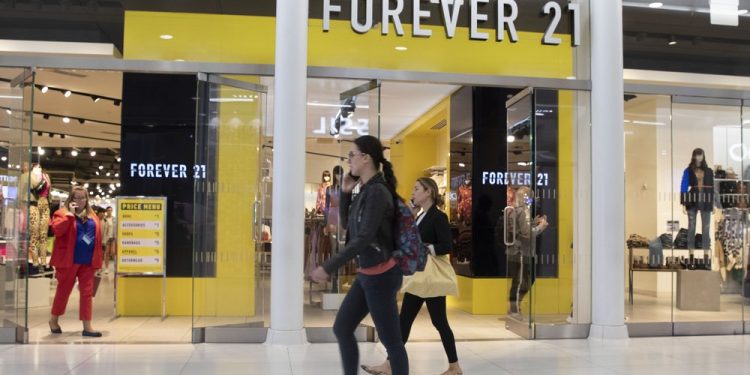American mall behemoth Forever 21, which achieved massive success in the 2000s by selling inexpensive variations on the latest styles, is shutting shop in the US. Its decline is a window into a different kind of trend being witnessed in the organised retail sector. Forever 21 has said that it will terminate operations in 40 countries and shut 350 stores worldwide, and that up to 178 of its 549 US outlets will be liquidated. The chain’s crisis may have been caused more by management mistakes than by consumer forces. The brand got into trouble by getting into mindless expansion and entering categories in which it lacked expertise. It had also made mistakes by signing up international ventures. In the late 1990s, when organsied retail started taking shape in India, it had promised a great future and profitability for the industry and the players. Every front-line business house in the country including the Tatas, the Ambanis, the Birlas, the Bharati Group, among others, rushed to have a finger in the pie. Kishore Biyani, a first-generation businessman, was a trail-blazer of the industry. He founded the Future Group which went on to become the largest of the lot. However, this is not to say that everyone, who entered the sector, turned out to be so lucky. There are many like Subhiksha, which tried to stand out from the rest by setting up neighbourhood stores, went bust before long because of wrong business models. The retail business in India today is worth USD 400 billion. Of this, organised retail accounts for hardly 8 per cent.
Nevertheless, lured by the size and depth of Indian retail market, Walmart, world’s biggest retailer, entered India and bought Flipkart. Many more international players have been avidly watching how India’s retail industry pans out. The retail story has not been all goody-goody. There are too many challenges besetting the sector. The economic slowdown has only accentuated the structural problems. One of the biggest problems is that it is yet to overcome the challenges from the kirana stores which still control over 90 per cent of India’s retail business. These stores operate at a gross margin of 15-18 per cent, while the cost structure of organised retailer is far more than 15-18 per cent. Orgainised retail spends a fortune on real estate, electricity, labour, energy, taxes et al that the kirana stores do not worry about. All over the world organised retail is facing massive headwinds. In India, the challenges have become more pronounced as there are traditional business communities in India (Rajasthanis, Marwaris and Gujaratis) for whom grocery business has been a family calling over generations. For them, running a kirana store is like inheriting a family business.
In the Indian context, with the rise in Internet penetration, the volume of e-commerce business has been rising. More and more people are getting savvy with Internet. The earlier fear of buying products online has long gone. People are no longer afraid of making online transactions. Steady expansion of digital payment interface has facilitated this change. The second cause for the e-commerce sites to score over brick and mortar businesses is the convenience that they offer. As travel becomes more difficult and time-consuming, nobody wants to go to a market or a hyper-market to buy something. Fast change in consumer tastes, time constraint for travel and long wait in queues for billing, rising online competition and unsustainable discounts are working to the detriment of organised retail. Most of the big retailers in India are learnt to be steadily trimming their workforce. The retail sector, which not long ago was one of the largest job creators in the country, as elsewhere in the world, is into trimming its manpower. If the trend continues, individual workers will be hit the hardest. Little wonder, most of the retailers are formulating fresh strategies to retain their heft. Big ticket players like Reliance and Future Group are reinventing their business models to stay ahead. The liquidation of Forever 21 can be a wake-up call for India’s organised retail.






































